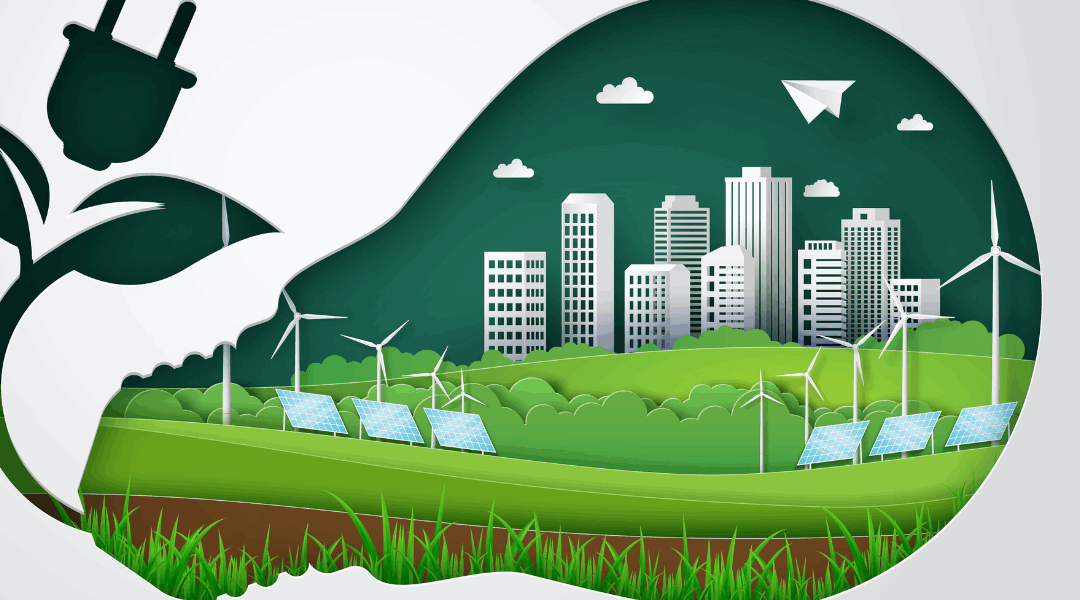North Macedonia is actively engaged in aligning its national policies with the United Nations 2030 Agenda for Sustainable Development, having committed to the implementation of the 17 Sustainable Development Goals (SDGs). The country has adopted several strategies and action plans aimed at promoting sustainability in various sectors, including energy, environment, education, health, and social inclusion. However, despite progress in certain areas, significant gaps remain that hinder the full realization of sustainable development.
The country faces a complex interplay of economic, environmental, and social challenges. Economic development has been uneven, with urban centers experiencing faster growth compared to rural and marginalized regions. Unemployment, especially among youth and women, remains high. Many rural communities suffer from limited access to basic services, such as healthcare, education, clean water, and digital connectivity.
From an environmental perspective, North Macedonia is highly vulnerable to climate change impacts, such as droughts, extreme weather events, and biodiversity loss. Urban air pollution—among the worst in Europe—poses serious public health risks, while waste management infrastructure remains inadequate and under-resourced.
Moreover, social challenges—such as inequality, depopulation of rural areas, and brain drain—continue to undermine the country’s development potential. These challenges are deeply interconnected and cannot be addressed in isolation. For example, poor environmental management contributes to health issues, which in turn affect economic productivity and social well-being.
To make real progress, North Macedonia needs a systemic and integrated approach that bridges sectors and scales—linking national strategies with local action and global commitments. This requires strong governance, inclusive policymaking, sustainable financing mechanisms, and robust public-private partnerships.
While the path toward sustainable development is ambitious, North Macedonia has a unique opportunity to transform its economy and society into one that is resilient, inclusive, and environmentally responsible, paving the way for a better quality of life for current and future generations.
Key Indicators of Sustainable Development
| Indicator | North Macedonia (2024 est.) | EU Average |
| Renewable Energy Share | 19.1% | 22.1% |
| Recycling Rate (Municipal Waste) | 5% | 48% |
| Unemployment Rate (Youth, 15–24) | 28.3% | 14.5% |
| Rural Population (of total) | 41.5% | ~26% |
| Air Pollution (PM2.5 μg/m³, Skopje) | 35–45 | <10 (WHO) |
| Forest Area (% of land) | 38.5% | — |
What should be done?
To achieve true sustainable development, North Macedonia must adopt an integrated approach that combines economic growth, environmental protection, and social inclusion. Key actions include:
- Green Transition and Renewable Energy
Transitioning from coal and fossil fuels to renewable energy sources such as solar, wind, and hydropower must be accelerated. Incentives for private investment in renewables, energy efficiency measures for homes and industries, and modernization of the national grid are essential. - Sustainable Rural Development
Support for agriculture, eco-tourism, and green entrepreneurship in rural areas will help reduce regional disparities. Programs that provide training, access to technology, and financial assistance for rural populations can stimulate local economies and prevent depopulation. - Clean Air and Waste Management
A national strategy to reduce air pollution, including stricter vehicle and industrial emission controls, improved public transport, and greater afforestation efforts, is critical. Likewise, investment in waste sorting, recycling facilities, and public awareness campaigns will improve waste management. - Education and Youth Empowerment
A sustainable future depends on an educated and skilled population. Investing in green education, vocational training, and youth entrepreneurship programs will equip the younger generation to take part in building a sustainable economy. - Institutional Reform and Regional Cooperation
Strengthening institutional capacity, improving data collection and transparency, and involving civil society in decision-making will enhance policy effectiveness. Regional collaboration on environmental protection, energy security, and cross-border projects will amplify the impact.
Sustainable development is not only an environmental goal but a socio-economic necessity for North Macedonia. With strategic planning, inclusive policies, and strong political will, the country can turn its challenges into opportunities and secure a greener, fairer, and more resilient future.

